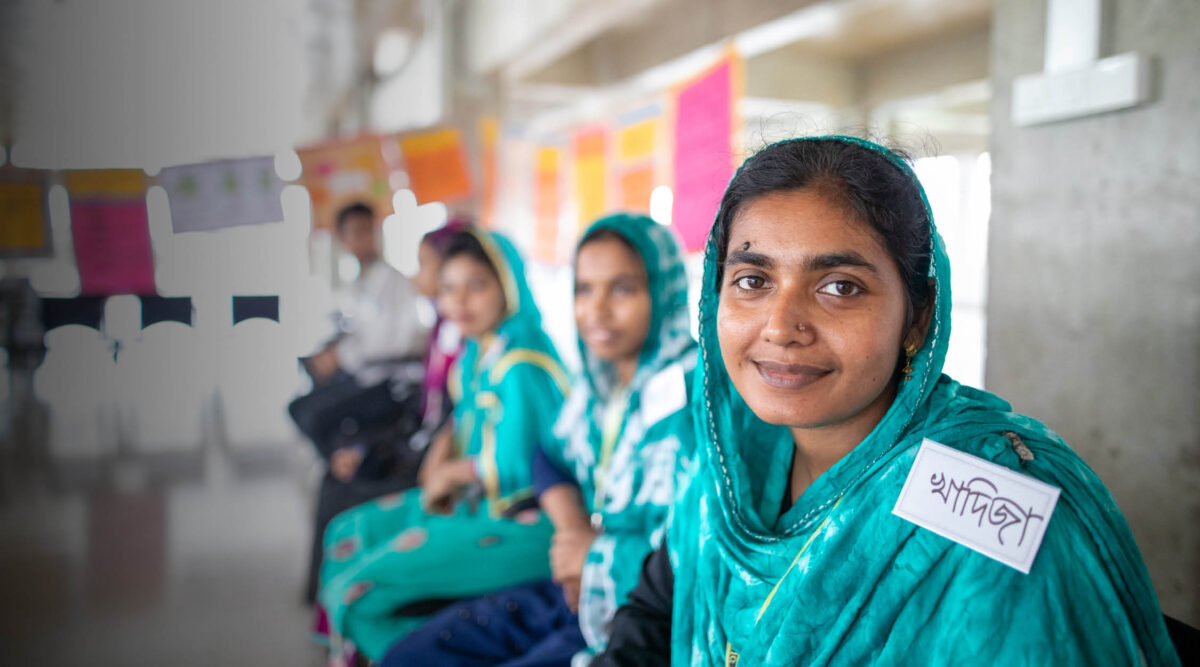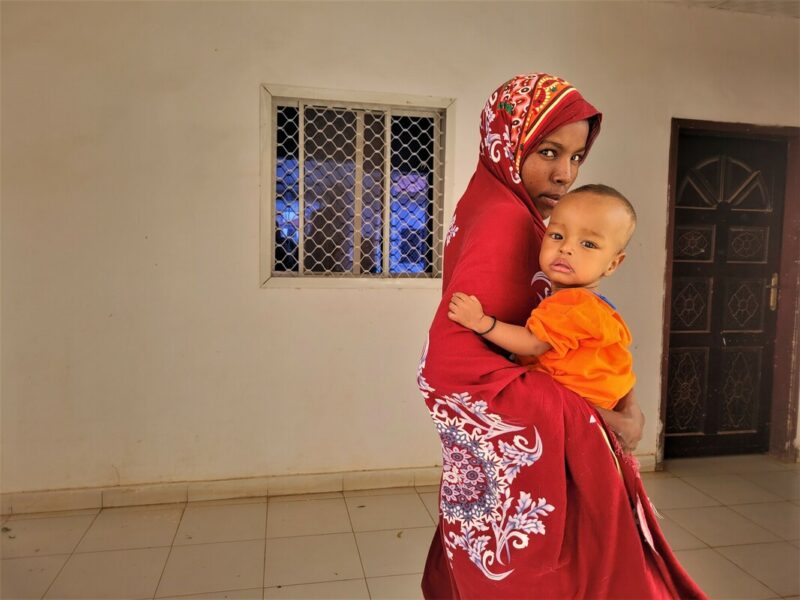Basic healthcare and safe water are essential for all families
Basic healthcare and safe water are essential for all families
Poverty and poor health are closely connected.
Families in poor and rural communities often don’t have clean water, basic toilets or essential medicines and healthcare. Without the tools and knowledge to help prevent the spread of disease, many adults and especially children suffer and die from avoidable illnesses.
Furthermore, every day, around 830 women die from causes related to pregnancy and childbirth. Almost all of these deaths occur in poor settings, and could be prevented. Pregnant women and new mothers must be able to get the essential healthcare that they need.
Healthy mothers are more likely to raise healthy children, earn an income, and be more involved in their communities.
Fast Facts 
- Every day, around 830 women die from preventable causes related to pregnancy and childbirth
- Globally, only half of pregnant women receive adequate healthcare
- 225 million women who want to avoid pregnancy are not using safe and effective family planning methods
- 2.6 million babies die every year in their first month of life and a similar number are stillborn
- 1 in 9 people globally do not have clean and safe water
- 1 in 3 people globally still have no toilet
Examples of our health work:
- Safe Motherhood in Timor-Leste – Timor-Leste has the highest fertility rate in Asia at six children per woman in rural areas
- Improving Maternal and Infant Health in Bangladesh – through capacity building, awareness raising and referral, we’ve improved the maternal health of poor women and the health of their children
- Chat! Contraception – empowering Cambodian factory workers to make informed decisions about their health and their lives
- Water, Sanitation and Hygiene – bringing clean water to families in Zimbabwe
- COVID-19 coronavirus – how CARE is helping
How is CARE supporting healthy lives?
We are working hard to improve the health of families in poor communities through programs built around vital healthcare services, particularly for women and girls. We work with local communities and focus on child and maternal health, women’s reproductive health, safe water, and health in emergencies.
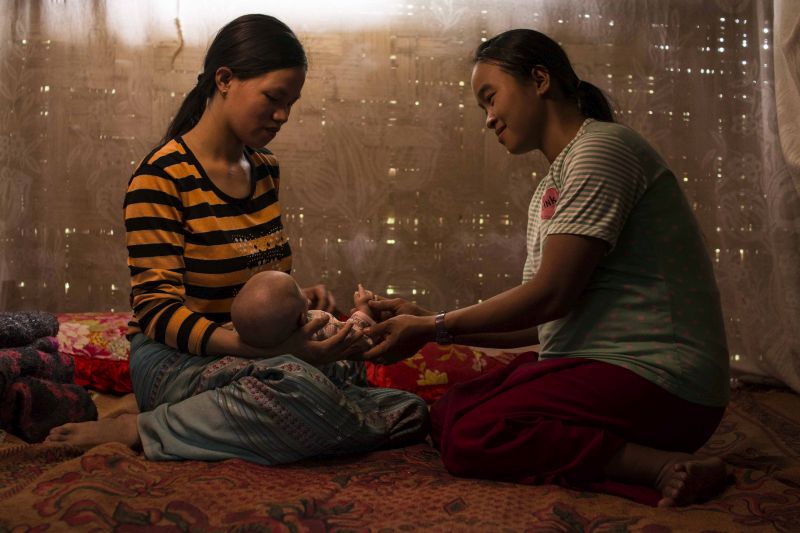
Improving child and maternal health
Pregnancy is a vulnerable time for mothers and their babies. We train nurses and midwives to ensure women can safely deliver their babies. In many rural communities, basic medical services can be located many kilometres away. We are reaching remote communities and preventing unnecessary deaths in places like Papua New Guinea.
We also help mothers with postnatal care to ensure their newborns are healthy. As children grow and develop, we support immunisation programs in India and surrounds, to prevent life-threatening diseases like measles.
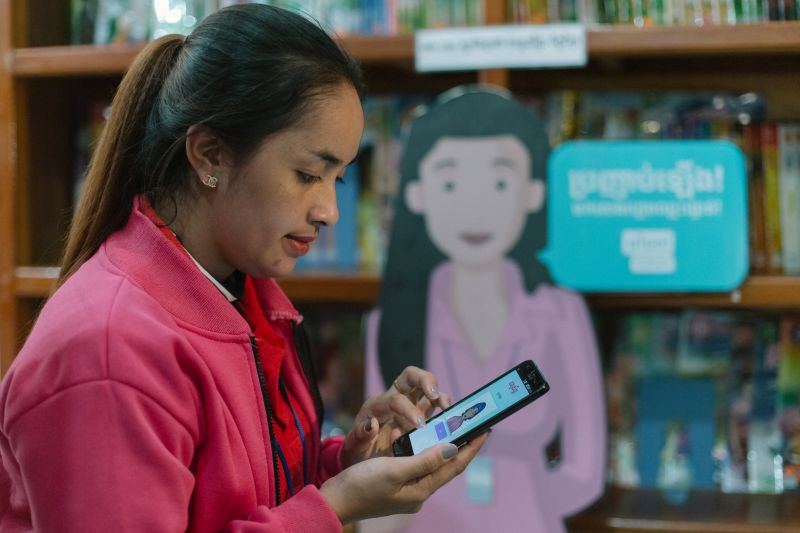
Helping women decide on their health
Often women in developing countries have little control over their sexual and reproductive health. When women are free to decide when they have children they are far more likely to lead healthy and productive lives. We’re working to make sure women and men can access family planning services, information and contraception so they can plan for a better future. Read about the impact of our work in Cambodia.
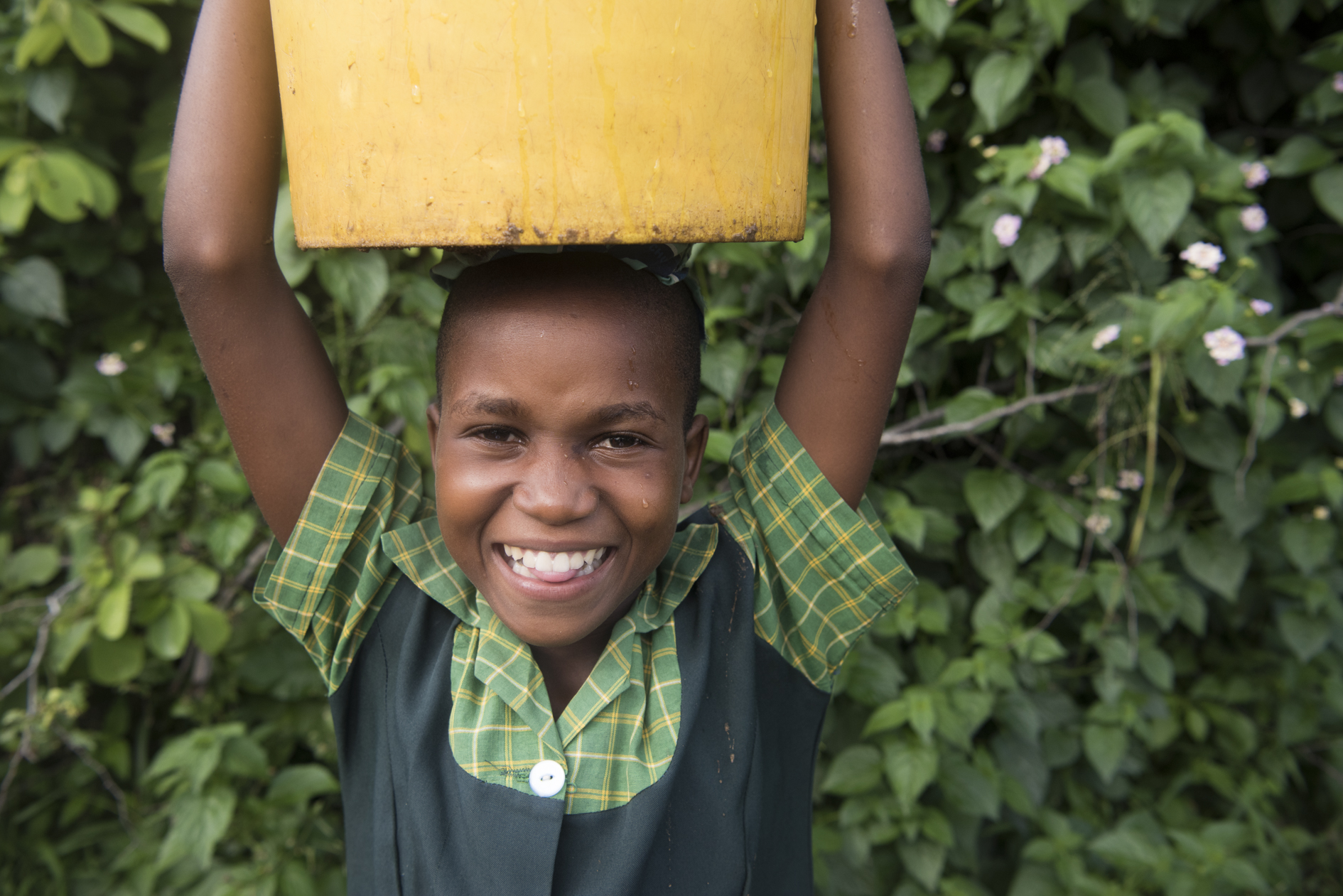
Water, hygiene and sanitation
We’re working with families most at risk from dirty water by protecting water sources and constructing clean water pumps and toilets in schools and communities. And our water work isn’t just about digging wells or building toilets. We’re making long-term change by improving attitudes towards hygiene in communities: the importance of washing hands, storing water safely, and purifying water for drinking and cooking. We help young people form health clubs in schools, and communities to share hygiene information and help prevent disease. Read about the impact of our work in Zimbabwe.
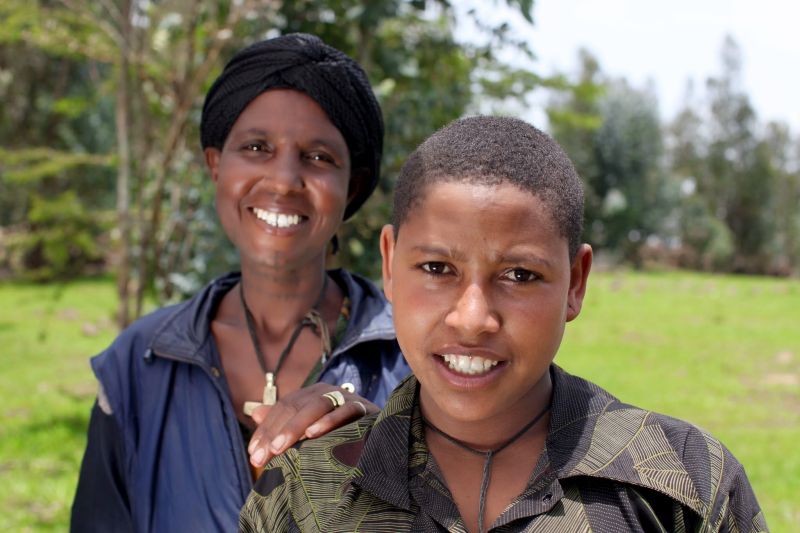
HIV/AIDS
We help to reduce the devastating effects of HIV/ AIDS by working with people who are most vulnerable to HIV and AIDS infection – migrant workers, intravenous drug users, and sex workers. We provide vital education programs on prevention, testing, and treatment. We also work with people living with HIV to provide support and medical care and help to change the stigma around the disease.
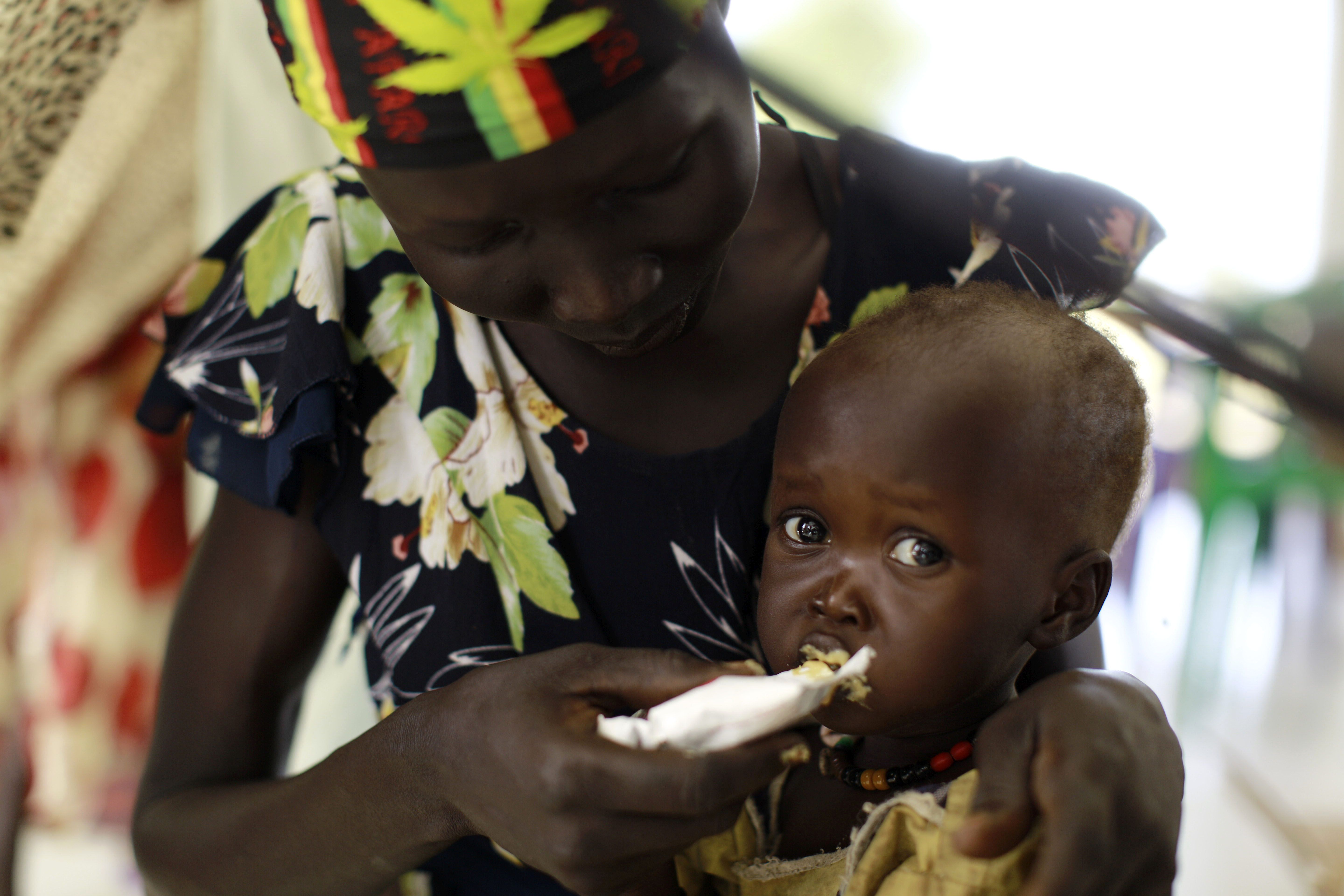
Health in emergencies
During natural disasters and humanitarian emergencies, people are in desperate need of basic health support and medical services. Existing health and water services are often disrupted or halted completely, people are forced from their homes and there is an increased risk of diseases spreading. When humanitarian emergencies strike, unless clean water, sanitation, and hygiene services are provided quickly to those affected, it is likely that there will be an outbreak of often life-threatening diseases, such as cholera and malaria. During emergencies we’re on the ground, providing vital supplies of food, medicine, and other relief supplies to meet the immediate needs of those affected. Read more about our work in South Sudan after the country was hit by famine and conflict. Our work in Nepal after the 2015 earthquake focused on child and maternal health in emergencies.
